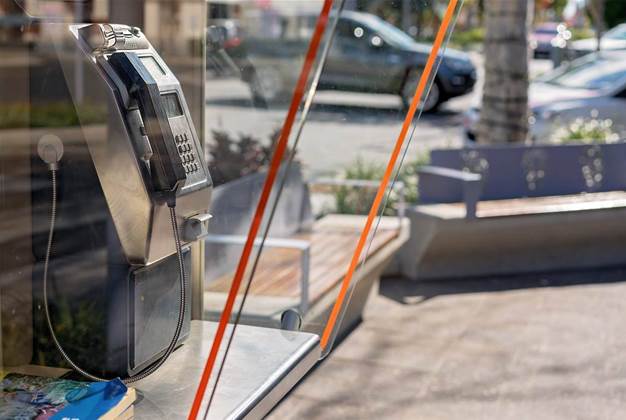Remember reverse charge phone calls, the kind you used to make to your parents in desperation from payphones with a jammed coin slot?

Today, they officially died after turn-of-the-millennium reverse billing play Reverse Corp issued its last annual report and called it a day after shuttering its core 1800 Reverse business and supplementary operations.
It's been a slow but dignified death for ASX-listed company, which has been in decline for a many years as mobile phones became ubiquitous and the cost of making calls fell.
However, the final nail in the company’s coffin came in the last 12 months when telcos like Optus and Telstra ceased billing services on behalf of third party content providers, meaning Reverse couldn’t charge people to make or receive calls.
Chairman Peter Ritchie said in the company’s 2019 annual report that the inability to bill calls to Optus mobiles since August last year was a driving factor behind the 57 percent reduction in EBITDA for the 1800-Reverse brand in FY19.
“Group profitability has been impacted significantly following these declines given 1800-Reverse continues to contribute 100 percent of company earnings,” Ritchie said.
“Following Telstra’s termination of our mobile billing agreement effective 1 July 2019, the company took the decision to close 1800-Reverse on this date as it becomes unviable.”
Chief executive Charles Slaughter, however, was slightly more colourful in describing the company’s relationship with the major telcos.
“The Optus change was foreshadowed over 12 months ago following the Optus decision to stop providing mobile billing to 3rd party content providers. Telstra adopted a similar approach but unlike Optus provided a fair and reasonable notice period to impacted providers.”
Meanwhile the group’s other business, an online contact lens retailer which was started in 2012 to diversify Reverse’s portfolio, was sold off at the end of July to Sydney-based company Coastal Contacts for $2.85 million.
The sale of the business was used to pay a 2.75 cent fully franked dividend to shareholders on Monday, well above the company’s current share price of just one cent.
“Following the close and sale of our two operating businesses, all employees have been made redundant and the board continues to pursue opportunities to sell the listed shell,” Ritchie added.


_(33).jpg&h=140&w=231&c=1&s=0)
.png&h=140&w=231&c=1&s=0)
_(36).jpg&h=140&w=231&c=1&s=0)






 iTnews Executive Retreat - Security Leaders Edition
iTnews Executive Retreat - Security Leaders Edition
 iTnews Cloud Covered Breakfast Summit
iTnews Cloud Covered Breakfast Summit
 The 2026 iAwards
The 2026 iAwards












_(1).jpg&h=140&w=231&c=1&s=0)



